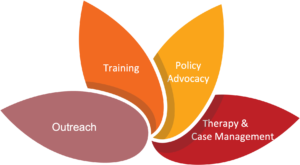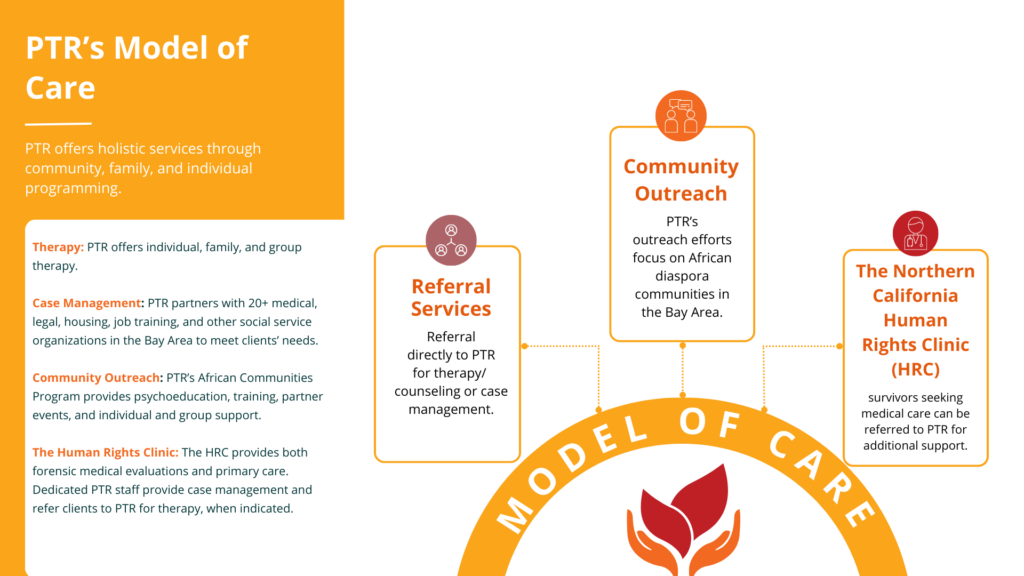“It is not just that PTR provides a wide array of invaluable support to our clients...What we do is, actually, much more profound and basic at the same time. PTR is helping our clients regain hope in humankind, as it creates a compassionate human relationship.”
- Ronna Haglili, GHHR Graduate 2017
THE OPPORTUNITY: Knowledge, Commitment and Solutions
Fortunately, the "global mental health gap" and the impacts of trauma have been gaining increasing attention over the past few decades. In 1980, the United States mental health field finally recognized PTSD as a mental health concern warranting healing and support for recovery. In September of 2015, the United Nations included for the first time in its global development goals a component on mental health and well-being.
Moreover, trauma-informed, culturally aware, and contextually adaptable approaches for healing trauma are producing evidence that recovery is possible. When trauma treatment is provided, unnecessary suffering can be averted, and more severe emotional and social problems can be prevented. Survivors can begin to live healthy and productive lives, ultimately benefitting their families, communities and surrounding societies.

OUR STRATEGY: Mental Health Care, Clinical Training and Policy Advocacy
Partnerships for Trauma Recovery joins the global movement to reduce the mental health gap by addressing the psychosocial impacts of trauma caused by war, torture, forced displacement, human trafficking, and persecution due to identity and beliefs. Our model is built on three complementary components:
 for international survivors of human rights abuses
for international survivors of human rights abuses
- Clinical Training for
globally-minded clinicians, and
- Policy Advocacy for efforts aimed at reducing trauma.
Learn more about our strategy.

Benefits of PTR’s Model of Care

